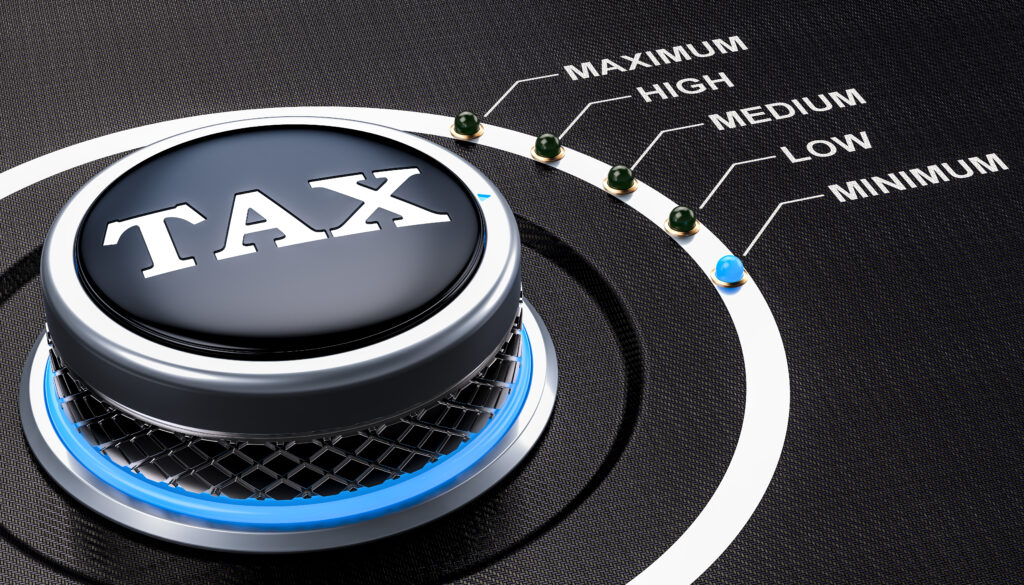Is The U.S. Really a Low-Tax Country?

Many U.S. taxpayers feel that our country’s taxes are too high, no matter which economic class you’re in. Likewise, regardless of which side of the political world you rest, most people would agree that the U.S. tax system needs some serious upgrading, and not just some fine-tuning. However, it appears that compared to many of the other developed countries in the world, the U.S. is actually on the low end of the tax scale.
According to the Organization for Economic Cooperation and Development, some of the most recent numbers show that about 30 other developed economies have higher taxes than the United States. In 2014, the U.S. government collected 26 percent of the gross domestic product revenue, which was way below the average of the rest of the world, which is 34.4 percent.
Of the 30 countries included in the report, there were only three economies that had a smaller tax percentage than the United States: South Korea, Chile and Mexico. Denmark leads the list with the highest percentage; a whopping 50.9 percent, and France, Italy, the U.K. and Germany were all over 30 or even 40 percent as well.
So why do U.S. taxpayers complain so much about taxes, if the country is actually towards the bottom of the list? It’s because the U.S. is the only country on the list that doesn’t use a Value Added Tax, or VAT. A VAT helps supplement revenue from other sources, which raises nearly 7 percent of the GDP in these countries. The U.S., on the other hand, has to count on other taxes to supplement its revenue because it does not have a VAT. And that won’t likely change any time soon.
What Happens to Your Mortgage Tax Deduction in 2018
What Happens to Your Mortgage Tax Deduction in 2018 What Happens to Your Mortgage Tax Deduction in 2018 A well-known aspect of the new Tax Cuts and Jobs Act is the doubling of the size of the standard deduction. However, this gift came at the expense of several of the most popular itemized deductions.…
Top Ski Resorts in the U.S.
Are you looking for the top ski resorts in the U.S.? December is not just about Christmas. It’s also when the ski season really picks up and kicks into full gear. Depending on where you live, you might get some opportunities to hit the slopes in November, but for the most part the good runs…
Top Christmas Presents for 2017
Top Christmas Presents for 2017 Are you still looking for that perfect gift for Christmas this year? Have someone on your list that’s impossible to shop for? There is no end to the number of gifts you could purchase, so what are you supposed to do? With endless choices, you might feel a little overwhelmed. But…
These Are the Fastest Growing Cities in the U.S.
These are the fastest growing cities in the U.S. and they are not always the biggest cities in the country. Los Angeles, New York, Philadelphia, Chicago and San Francisco are not only large, but also very famous. However, when it comes to growth there are many other cities both large and small that are growing…




